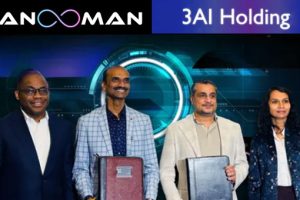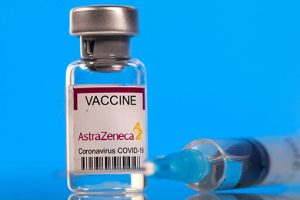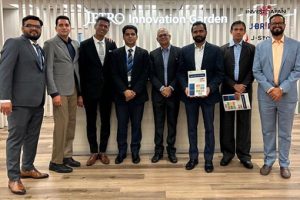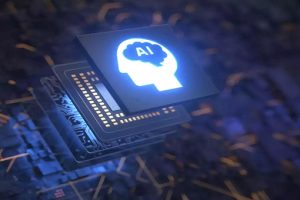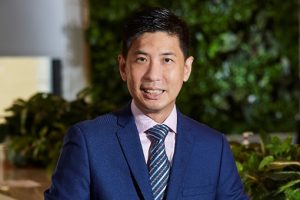ASUS and Tan Tock Seng Hospital (TTSH) inked a three-year Memorandum of Understanding (MOU) to formalise their collaborative efforts on building a more robust healthcare system to meet the evolving needs of patients. Since 2021, both parties have been developing novel AI solutions to improve the value of clinical care provided to patients.
Blade, an AI-powered software co-developed by engineers from ASUS Intelligent Cloud Services (AICS) and medical professionals from TTSH, is one remarkable outcome of this partnership. Blade is designed to automate the detection of peripheral blood cells in the laboratory.
Light microscopy conducted by a laboratory technologist is the usual way of reviewing peripheral blood film. This is a labor-intensive process that can lead to human fatigue. Films with aberrant features or an unclear diagnosis are then referred to a haematologist for additional assessment.
Blade can automate blood cell identification and classification with high accuracy. This means that technologists will only need to load the blood films into a digital slide scanner. The AI tool will then process and analyse the digitalized films and flag any critical findings such as leukaemia, enabling early clinical intervention.
By assisting laboratory technologists and haematologists with the reporting of peripheral blood films, Blade aims to accelerate the overall review duration by 50 percent, thus translating into better productivity and faster diagnosis.
A large dataset of over 337,700 digital images of peripheral blood cells was used to develop the AI-powered software through deep learning and computer vision, with a white blood cell classification accuracy of 91.4 percent.
Blade is currently undergoing clinical trials and evaluation at TTSH and other collaborative sites, with plans for regulatory approval. The development team hopes to evaluate Blade in the community setting, with Hougang Polyclinic planned as the first pilot site in the second half of 2022 for telemedicine purposes.
Looking ahead, ASUS and TTSH are working on solutions for breast screening and colon cancer detection, with both parties seeing potential in jointly developing AI-based laboratory solutions for pathology, cytology and microbiology.
Formalising the strategic partnership
Singapore is facing a rapidly ageing population with an increasing burden of chronic disease. To address the constantly evolving healthcare challenges, greater emphasis has been placed on healthcare innovation. This has paved the way for the adoption of innovative technologies like AI as an enabler for healthcare transformation.













